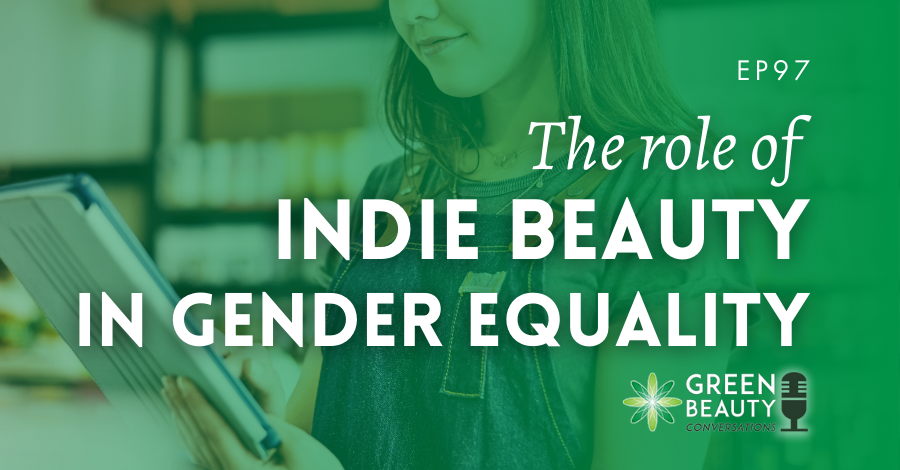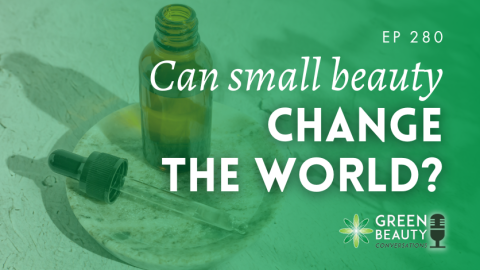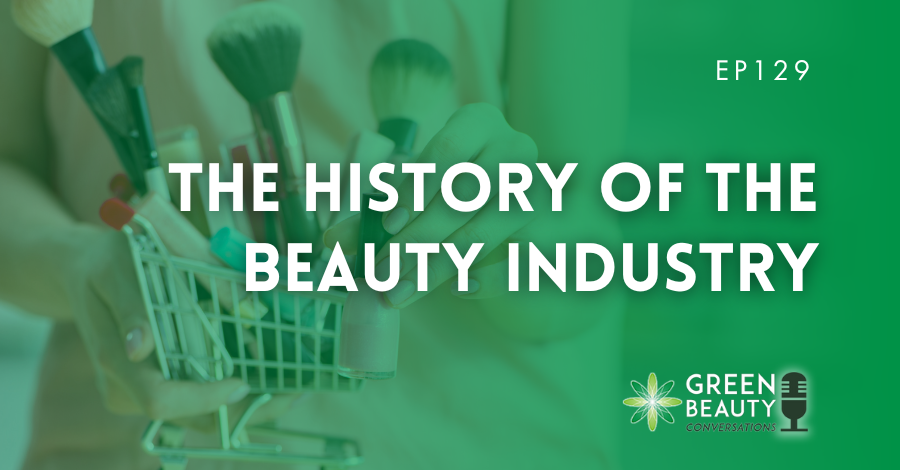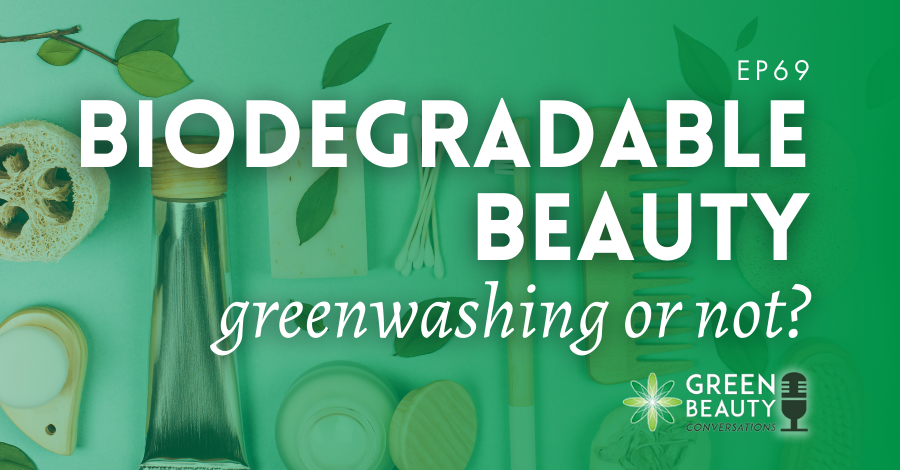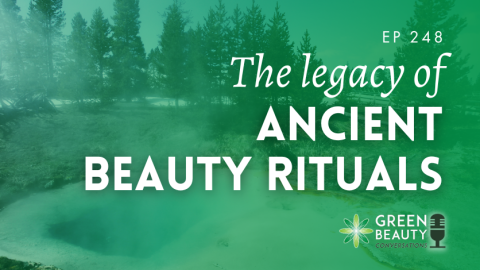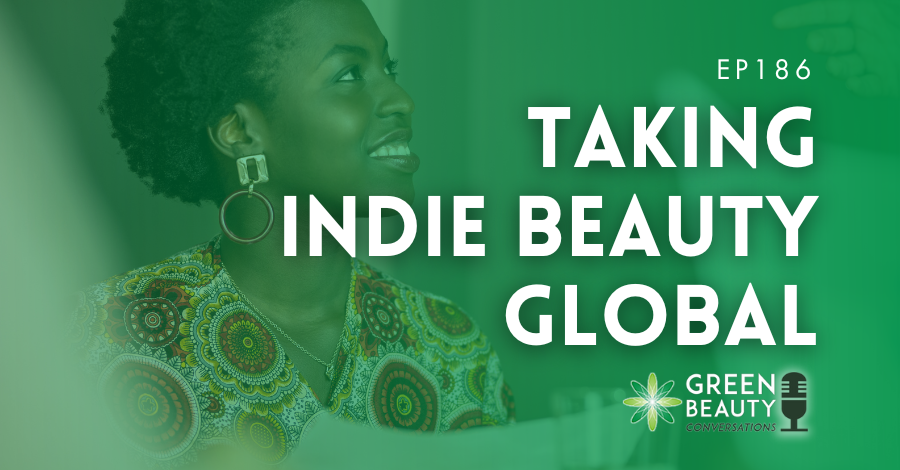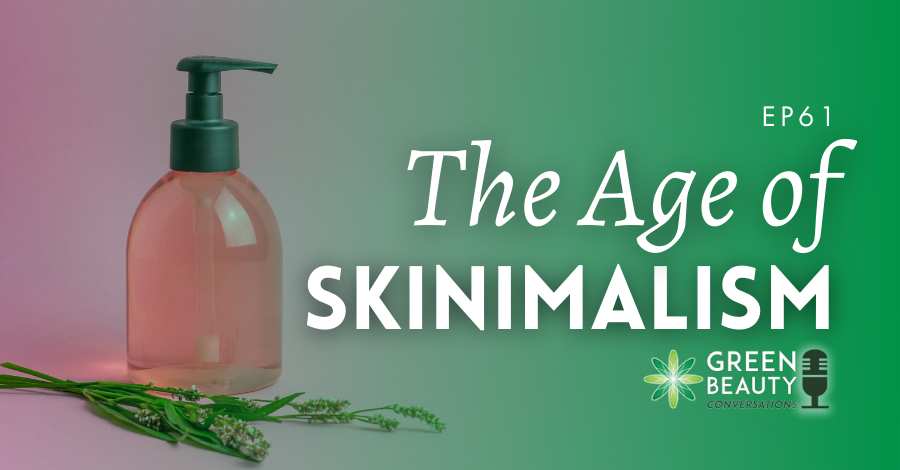Think of the people running the beauty industry in your locality. The beauty salons, nail bars, hairdressers, spas, and the beauty counters of drug stores are likely to be staffed by women. From a quick survey like this, you would think we should be addressing the need for greater diversity or the promotion of men in the beauty industry instead of the parity of women in the sector.
But, what is gender equality or diversity or inclusivity if there is no equality of representation across an industry? From shop and salon floors to the boardroom tables of big beauty brands and from the kitchen tables of start-up entrepreneurs to the offices of venture capitalists, gender, and other forms of equality must be factored in, focused on and fast forwarded. Because the beauty industry seems to be the domain of women does not mean it is led by women at management level nor do many female entrepreneurs attract the financing and support they need to help them succeed.
In this episode, which airs a couple of weeks before International Women’s Day (8 March), Formula Botanica CEO Lorraine Dallmeier and Ana Green, the school’s Education Manager, discuss the vital role that indie beauty plays in fostering women’s self empowerment, and also the startling realities many women face in getting to the top and succeeding as beauty sector entrepreneurs.
The 200-plus indie beauty entrepreneurs we feature in our graduates’ gallery all say that their Formula Botanica courses were life changing as they gained the expertise and confidence to launch their own indie beauty businesses. In starting their own businesses, they are following in the footsteps of some incredible women beauty pioneers of centuries past. They may be multinational names today, but Helena Rubenstein, Estée Lauder and Elizabeth Arden started as lone female entrepreneurs from humble backgrounds in the early 20th century.
Before them, in the late 1800s, two African-American women Madam C.J. Walker and Annie Turnbo Malone started hair product businesses that became cosmetics’ empires. Today, we have equivalents in Rihanna’s Fenty Beauty, and in the success of female founder-led brands like Drunk Elephant and Pai Skincare, whose founder Sarah Brown we interviewed on this podcast.
However, as you will hear Lorraine and Ana discuss in this episode, some of the challenges facing beautypreneurs of the past are still very much part of our present in this industry predominantly staffed by, but not led by women.
Indie beauty is driving female entrepreneurship, but women still don't make it to beauty industry boardrooms. The @FormulaBotanica podcast asks what is gender equality today? #BreakTheBias #femaleentrepreneurs #WomensDay Share on XIn this episode on gender equality in beauty, you will hear:
- Even though the personal care industry leads the way with the greatest number of women in managerial roles, women still make up only 29% of top executive roles in an industry worth annually half a trillion US$.
- Astonishingly, during the height of the coronavirus pandemic in 2020, the UK’s furlough scheme at first ignored swathes of the beauty sector such as salons, yet the beauty industry has the highest percentage of female entrepreneurs with a total of 76.8% female-led, mainly small businesses.
- In the UK and US, a tiny percentage of venture capital funding goes to women-led enterprises in all sectors (some one percent in the UK and around an average of 2.5 percent in the US between 2019-2020). Extrapolating from this, it is fair to say that even with women dominating beauty start-ups, the figures are unlikely to be much higher in that sector either.
- The beauty industry relies heavily on women workers in the global South who are engaged in the supply side of the beauty industry. Shea butter and Argan oil are just two well-known examples of ingredients harvested and processed by women. Many women remain exploited and are not paid a fair wage although cooperatives managed under Fair Trade and for social good are on the rise.
Key takeouts include:
- Indie beauty is a driving force giving women the opportunity to start businesses on their own terms. Our round up of 2021 graduate achievers and beauty award winners is proof that the spirit of pioneers such as Rubenstein, Arden and Madame C.J. Walker is alive and thriving in the 21st century.
- Women’s cited reasons for wanting to be entrepreneurs differs vastly from that of men: a UK survey found that a fifth of females chose to work flexibly as self-employed to help combine ‘family commitments and wanting to work at home’, while man were almost twice as likely to say that one of the reasons they became self-employed was to ‘make more money’.
- When pitching to venture capitalists or raising finance, women are far more likely than men to be asked about how they will avoid losses. Men in contrast tend to be asked about business opportunities and growth plans.
- One scholar researching women entrepreneurs of the past said that the very concept of success in business was gendered. This echoes down the annals of history and is still a climate many women entrepreneurs face today.
You might be interested also in our related podcasts and blog posts on gender equality and entrepreneurship in the beauty industry:
How indie beauty plays a role in the drive towards gender equality
Beauty entrepreneurs: four women pioneers of the past
The pioneer of Pai Skincare: Sarah Brown
The brand mission of Nopalera founder Sandra Velasquez
Beauty entrepreneurship with Jo Chidley of Beauty Kitchen
Thank you for joining us for this episode of the Formula Botanica Green Beauty Conversations podcast. If you enjoyed listening, please share, subscribe and review this episode on Apple Podcasts, Spotify or Youtube so that more people can enjoy the show. Don’t forget to follow and connect with us on Facebook and Instagram.
FREE TRAINING
Learn how to become an
Organic Skincare Formulator
FREE TRAINING
How to become an
Organic Skincare Entrepreneur
FREE TRAINING
How to become an
Organic Skincare Entrepreneur
Leave us a comment
Lorraine Dallmeier is a Biologist, Chartered Environmentalist and the CEO of Formula Botanica, the award-winning online organic cosmetic science school. Read more about Lorraine and the Formula Botanica Team.

